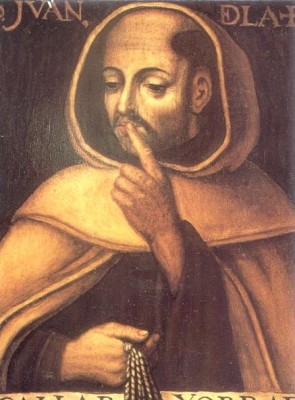USCCA40 Chapter 31 – Do Not Steal – Act Justly: The 7th Commandment
Podcast: Play in new window | Download (Duration: 28:00 — 12.8MB) | Embed
Subscribe: Apple Podcasts | Spotify | Amazon Music | Android | Pandora | iHeartRadio | JioSaavn | Podchaser | Gaana | Podcast Index | Email | TuneIn | Deezer | Anghami | RSS | More
Archbishop Lucas offers insights on the US Catholic Catechism for Adults Chapter 31:
The Seventh Commandment forbids stealing or theft, which involves taking someone’s money or property “against the reasonable will of the owner.” Theft includes not only robbery but also actions such as embezzlement, computer theft, counterfeit money, fraud, identity theft, copyright violations (including pirating things such as music or computer software), and mail scams.
To keep this Commandment, we need to acquire the virtues of moderation in our possessions, justice in our treatment of others, respect for their human dignity, and solidarity with all peoples. Moderation curbs our attachment to worldly goods and restrains our appetite for consumerism. Justice helps us respect our neighbor’s rights and be interested in their human well-being. Solidarity opens our hearts to identifying with the whole human family, reminding us of our common humanity.
We should not steal from each other, pay unfair salaries, cheat in business, or exploit people’s weaknesses to make money. Promises should be kept and contracts honored to the extent that the issues are morally just (cf. CCC, no. 2410). We need to safeguard property rights, pay our debts, and fulfill obligations freely incurred. The government has the right and duty to safeguard legitimate ownership of money and property and to protect people from robbery and injury.
United States Conference of Catholic Bishops (USCCB) (2012-04-02). United States Catholic Catechism for Adults (Kindle Locations 6057-6066). United States Conference of Catholic Bishops (USCCB). Kindle Edition.
The Most Reverend George J. Lucas leads the Archdiocese of Omaha.
For other episodes in the visit our Archbishop George Lucas page
This programs is based on:
More information can be found here.
We wish to thank the USCCB for the permissions granted for use of relevant material used in this series.

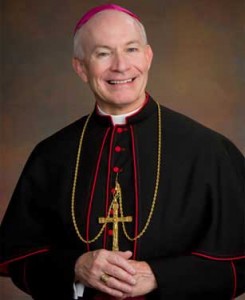

 In this episode, Fr. Gallagher concludes his reflection on Frodo.
In this episode, Fr. Gallagher concludes his reflection on Frodo.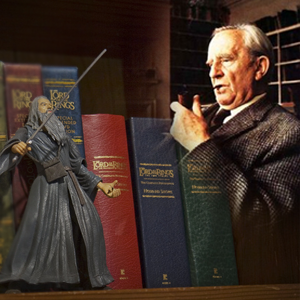

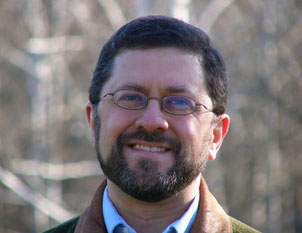
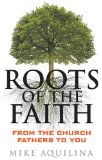 Pick up a copy of Mke’s book. You’ll find so much more and invaluable references and resources, as well
Pick up a copy of Mke’s book. You’ll find so much more and invaluable references and resources, as well